I can recall my first conversation about politics.
I was in my maternal grandparents’ kitchen. Several of my uncles, my dad, and my grandfather were sitting around the kitchen table, playing penny ante poker. I specifically remember the little piles of pennies. One of my uncles asked me who I liked - Nixon or Kennedy. I said Kennedy. The uncles laughed and cheered. My dad did not. I was four.
Now, obviously, I wasn’t old enough to know anything about anything. I did not know who Nixon and Kennedy were. I did not know that my mother’s family were Democrats. I did not know what a Democrat even was. I did not know why my dad wanted Nixon to win. I just didn’t like his name - Nixon. It was a little scary. I should reiterate - I was four.
As I was growing up, I came to know that my dad voted for Republicans, but I don’t remember ever having even a passing conversation about politics with him. He never explained his political beliefs to me, and I never asked. As a result, I figured out my politics on my own.
I am appreciative my father allowed me to do that. But, honestly, I do not believe that was his intent. I think it had more to do with the fact that we generally did not know how to communicate with each other. However, that’s another story . . .
https://thestormbynorm.substack.com/p/remembering-my-father
In previous posts, I’ve written about how the area where I grew up was quite insulated - very rural and very white. The protests and turmoil of the 60s that engulfed the nation seemed far away. But, thanks to national news broadcasts and the newspapers, we at least were aware of what was happening elsewhere.
I was too young to be a hippie or a “flower child”. And, luckily for me, I was too young to go to Vietnam. But, I was old enough to watch Walter Cronkite on the CBS Evening News and learn of important events unfolding in America and around the world, despite our relative isolation in rural PA. And, I was old enough to think about taking sides.
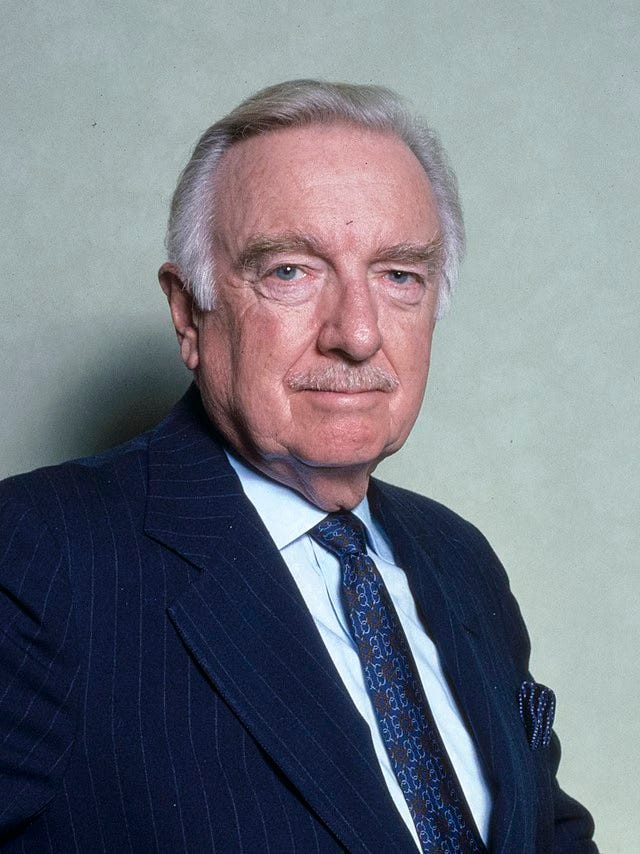
I’m going to do some speculating here. I believe this period - the mid to late 60s - was the beginning of my mother’s family of Democrats leaving the party. I think they were FDR Democrats. Roosevelt ended the Great Depression and was thought of as being a champion of poor, working class Americans, while Republicans only cared about the rich, country club people.
Things began to change when President Lyndon Johnson and the Democrats rammed historic legislation through Congress, protecting and expanding Civil Rights and Voting Rights for all Americans. Johnson knew he was going to lose the usually reliably Democratic South by doing this. Maybe he also knew he was going have trouble in many of the mostly white, rural Northern areas, too, like my corner of Pennsylvania. But, to his credit, he signed those landmark bills, anyway.
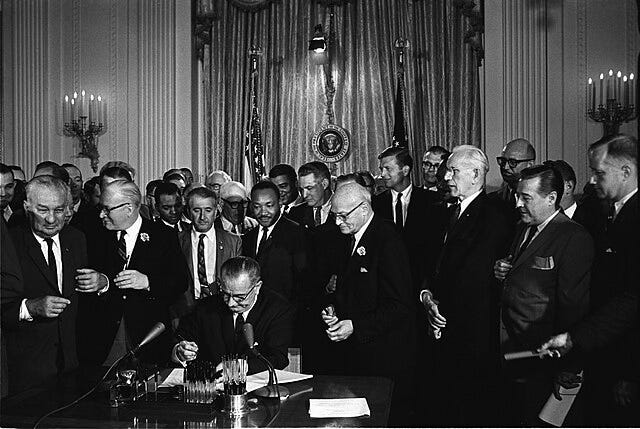
Civil rights legislation was an “Us” vs. “Them” issue. “Us” being white Americans and “Them” being, well, those who weren’t. Large blocs of white, rural Democrats abandoned the party to join the Republicans. The racism was obvious. And, I believe that is what happened in my family in the years that followed. The Democrats became the party of elite liberals who only cared about helping “them”, and the Republicans eventually were able to shed their country-club stigma by fighting against civil rights and becoming the party of the working man. The white working man, of course.
African-Americans were few and far between in my area. And, the people I knew liked that just fine. As an adult, I had to unlearn the racism I saw as a child. I never had a grand epiphany that caused me to reject what I had seen my whole life. It was more of a gradual chipping away at ingrained attitudes and beliefs.
On TV, I would see people protesting against the Vietnam War, and for changes to a society that relegated to second class status people who did not look like me and everybody I knew. My adolescent mind began to wonder why we have to hate people just because they don’t look like us. What was the point of that?

I hope I’m not portraying myself as some sort of teenaged civil rights crusader, fighting the good fight against racism and injustice. It wasn’t like that. I was not “fighting” for or against anything. But, my politics began to tilt toward the liberal point of view.
I remember we had a mock Presidential convention when I was in high school, and I was a delegate for Robert Kennedy. I learned later that he was no saint, but at the time, his message of peace and justice for everyone, not just whites, made a lot of sense to many Americans, including me. I edged closer to calling myself a liberal.
Several weeks later, Bobby Kennedy was assassinated.
Dr Martin Luther King Jr had been killed a few months before, causing riots in the big cities. Vietnam was still raging on, seemingly with no end in sight. Then, later that year, 1968, Richard Milhous Nixon was elected President. The world seemed in turmoil. I still was not old enough to take any action of my own, but during this time, I began to see how wrong some things were.
On May 4, 1970, while protesting Nixon’s Vietnam policies, four Kent State University students were killed by the Ohio National Guard. They were just kids, not that much older than me, and the soldiers gunned them down. Obviously, it was horrible and shocking to much of America. I believe that event gave me a big push toward liberalism, and against the “Establishment”.
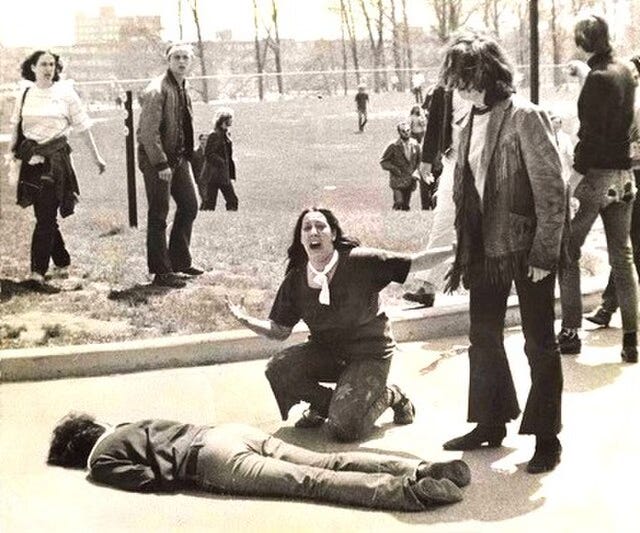
A few years later, as Nixon began sinking into the Watergate quicksand, my liberalism by then was pretty much fully formed. Nixon famously said, “I am not a crook.” But he was. And, he became my symbol for what was wrong with America.
As I grew into adulthood, I knew I wanted to be on the correct side of the political divide. And, for me, that meant supporting equal rights for all, no more illegal wars, helping people who could not help themselves, and protecting the environment.
The first few years I was eligible to vote, I didn’t. I cared about what was going on politically, but, I don’t know, maybe I thought my vote did not matter. I do not have a good excuse. Even though I wasn’t voting then, I knew which side I was on.
Eventually, I registered to vote, but as an Independent, not a Democrat. And the first vote I cast for President was for a liberal Republican, Representative John Anderson from Illinois, who was running as a third party candidate. Even all these years later, I have never registered with a political party. I can be called a liberal or progressive or a flaming whatever, but I cannot be called a Democrat.
I know I was not the only one among my former high school classmates who cared about liberal causes back then. Many of us thought the war was wrong. We cared about the environment. We were horrified by the killings at Kent State. We hated Nixon. Supporting liberalism, to us, meant being on the side of what was right.
That belief of being on the side of what was right has never left me. But it left a lot of the people with whom I grew up. For sure, it is normal for attitudes and beliefs to change as one grows older and matures. Some things matter less and other things matter more. I label myself as liberal, however, even I do not toe the liberal line 100% of the time. I like to believe I do not mold my beliefs to fit a label.
It could have been the anti-government message of the Reagan years that permanently changed a lot of their minds. And now, my guess is, a goodly number of my classmates are MAGAs. However, for better or worse, my own politics have remained pretty consistent over the years.
If I step outside of myself, what do I see? In many ways, I see an older, perhaps more cynical version of that idealistic kid of the 60s and 70s. I have matured in some ways, I guess, but the truth is, I really haven’t changed all that much. I no longer wear paisley shirts and flare-leg pants, but my usual uniform of today - jeans, t-shirt, athletic shoes - would have fit right in back then. (I wear a polo shirt if I’m feeling extra fancy.) My hair is longish, I continue to rock a 70s ‘stache, most of the music I like comes from that era, I follow the same sports teams, and I still love the cars from that period in time.
And, politically, I have continued to be proudly, unabashedly, liberal. It would not be wrong to suggest I may be stuck in a time warp of some kind.
I’m fine with that.
To my phantasmagorical subscribers, please help me grow my publication by sharing my posts with family and friends, or on your social media accounts. Thank you for your support.
And, don’t be afraid to scroll to the bottom and hit that Like button! (But, only if you really mean it.)
Do you have something to say about How I Became a Liberal? Well, then . . .





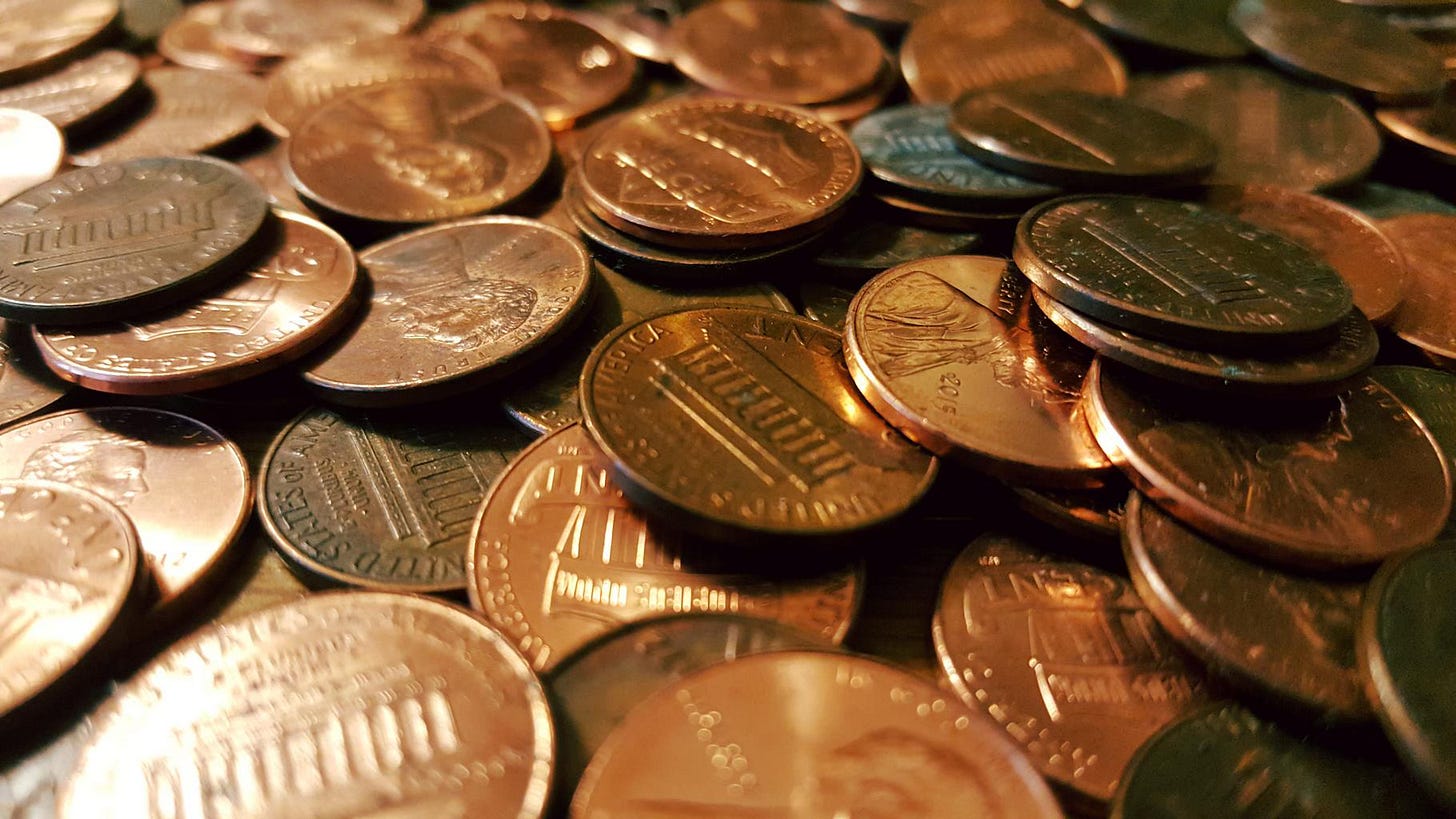
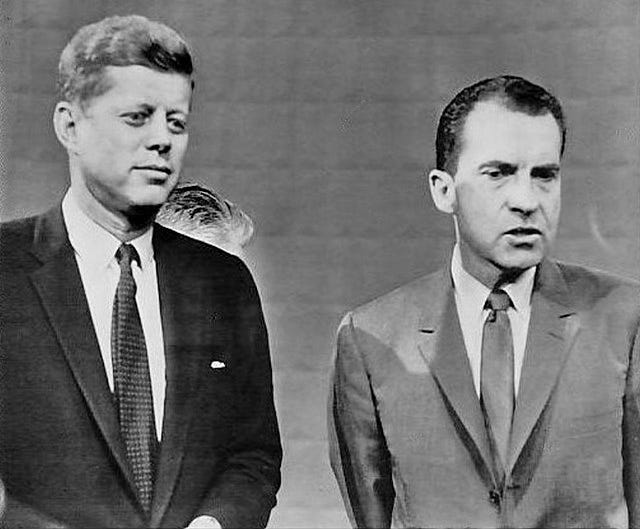
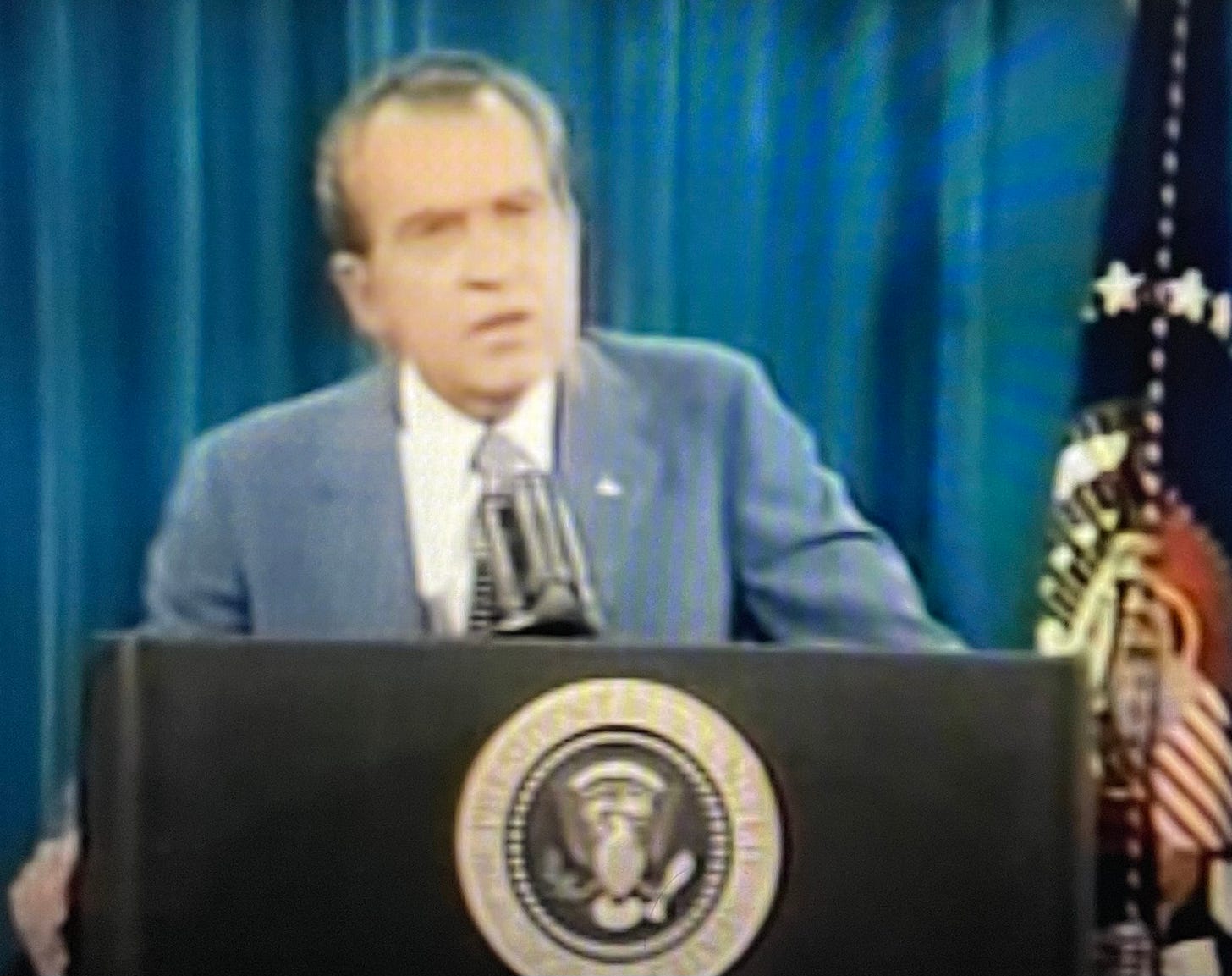


Thanks for sharing your political journey, Norm. I enjoy learning more about you and your family, as well as the events of the 60s & 70s that stood out for you. 💛
Finally reading this and it's an excellent review of reality. I'm the child of the 'genteel poor' (my mom's term) and my parents preferred Eugene McCarthy (Clean for Gene is a recollection). But time marches on. I find third party candidate votes a wasted effort and I follow mom's advice--vote for the least bad.
I remember being 4 and going with mom to her League of Women Voters meeting in Havre MT. Probably the first visceral political experience. The world seemed to go to hell in a handbasket soon after. Assassinations, being sent home from school when Kennedy was killed, 1968 with Martin Luther King Jr and Bobby Kennedy. Kent State. Classmates with draft age siblings talking about their parents deciding to move to Canada.
Thinking about my future, wanting to follow in my father's path and being told 'do not become a teacher--we already gave' meant an initial career in business after college and then back to school for stuff that sounded like fun--a masters in city and regional planning. Been in water ever since.
Not rich but I love helping people. Successive roles that expanded as the entities I worked for were smaller and smaller (first for the State; now for a small town). Now I'm a jack of all trades--regulatory work for water and wastewater, permitting issues, helping folks with 911 addressing, notarizing signatures, and just plain problem-solving.
Life may be a mystery but it sure is worth living :D